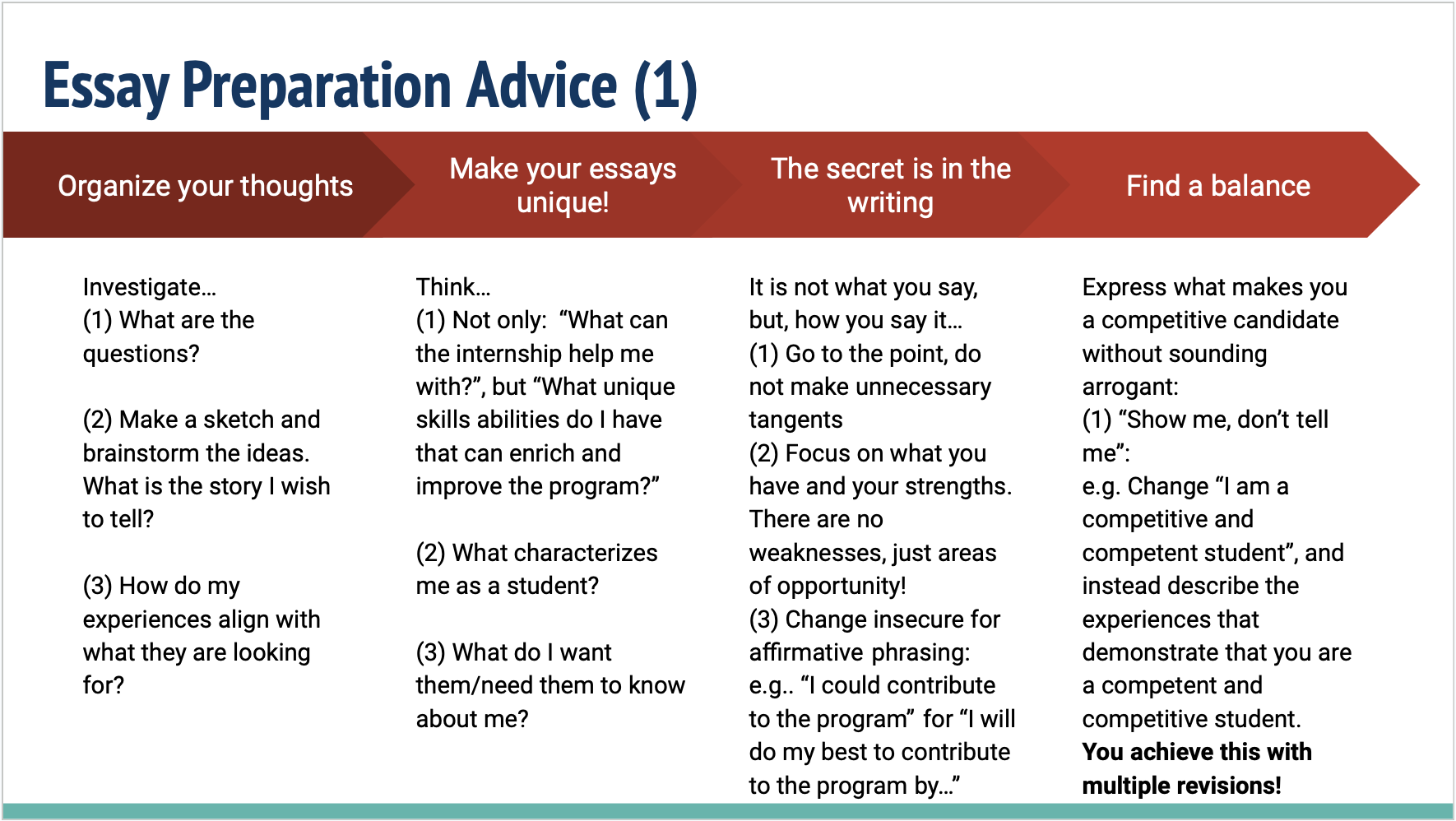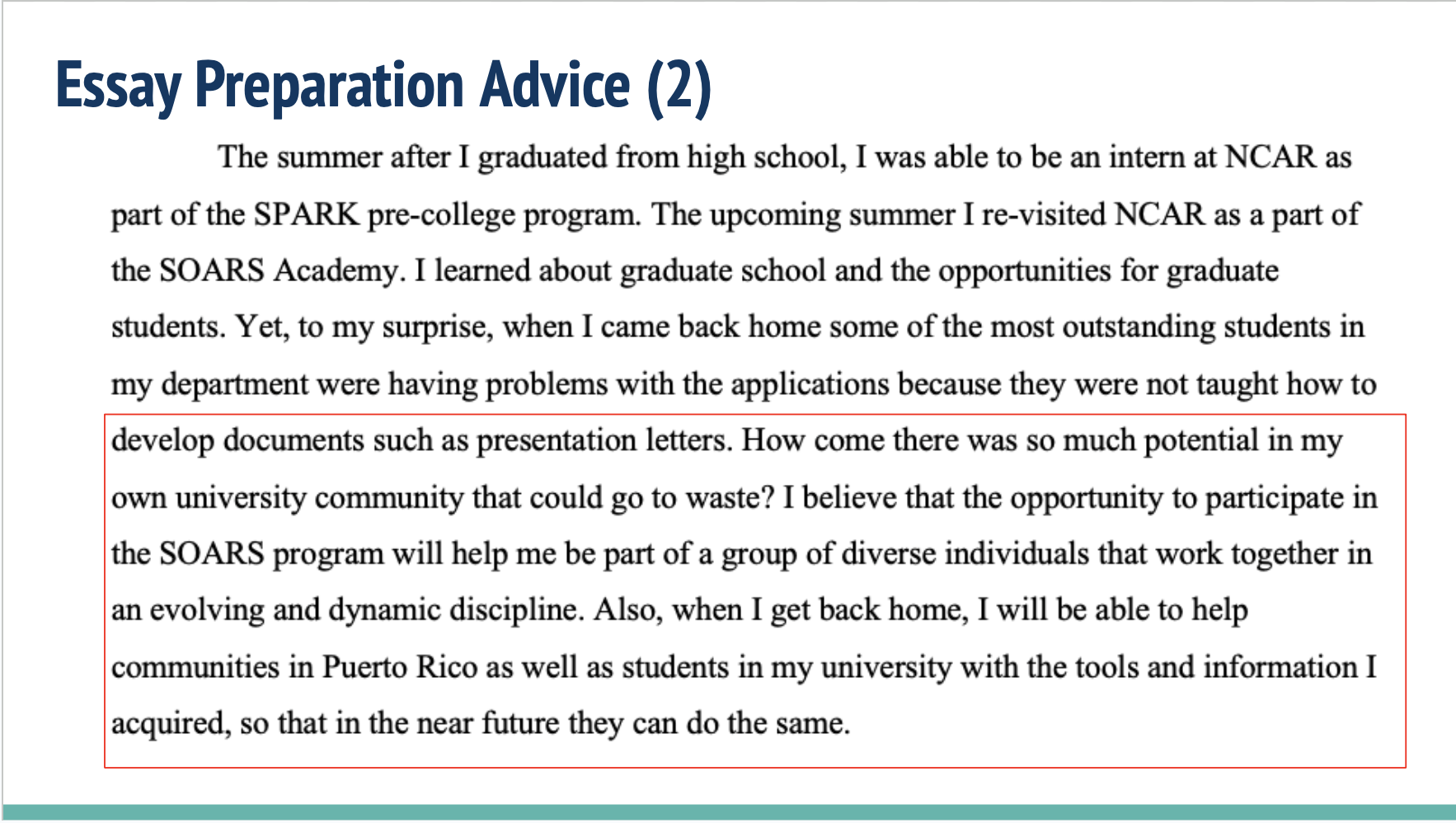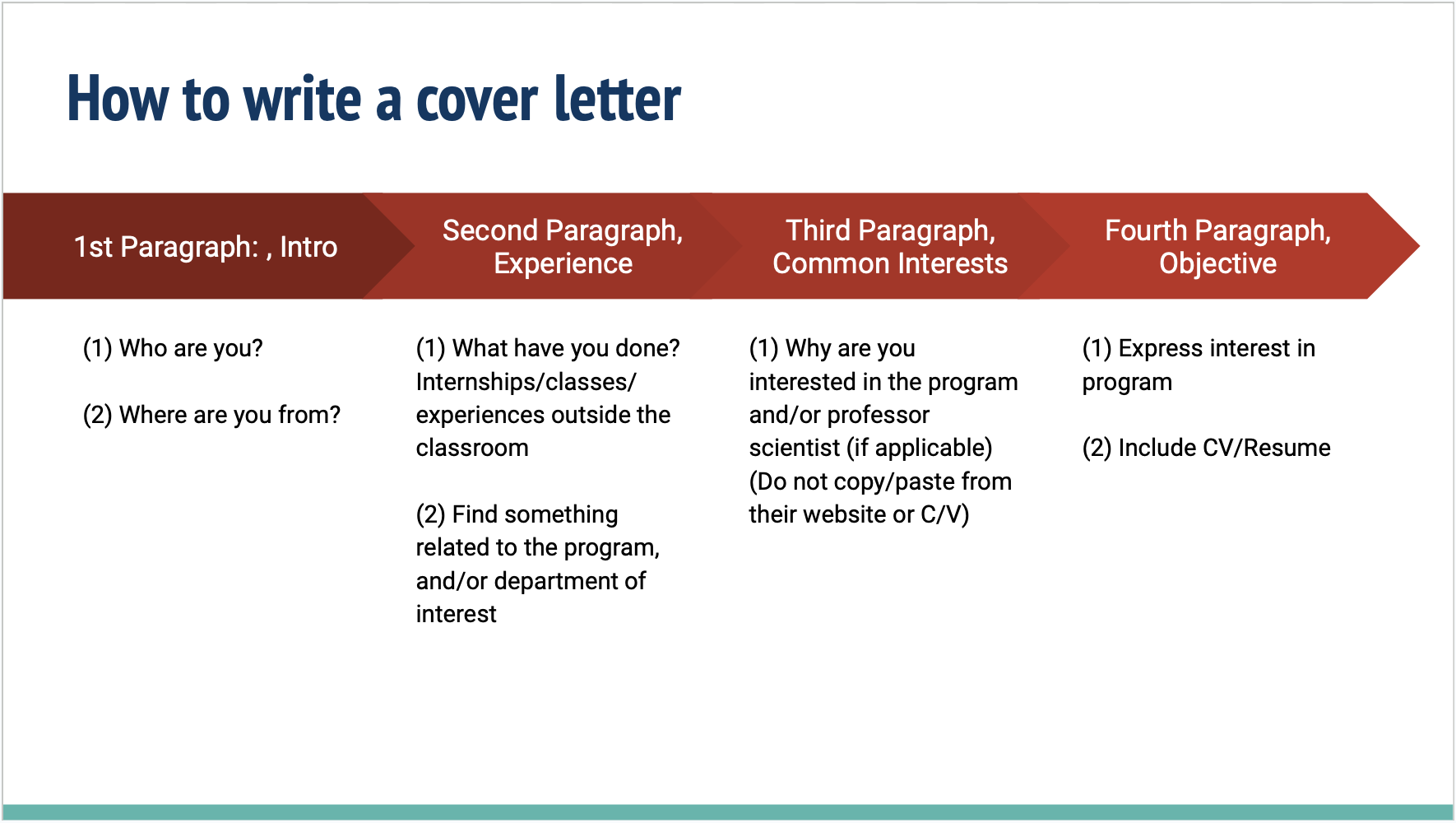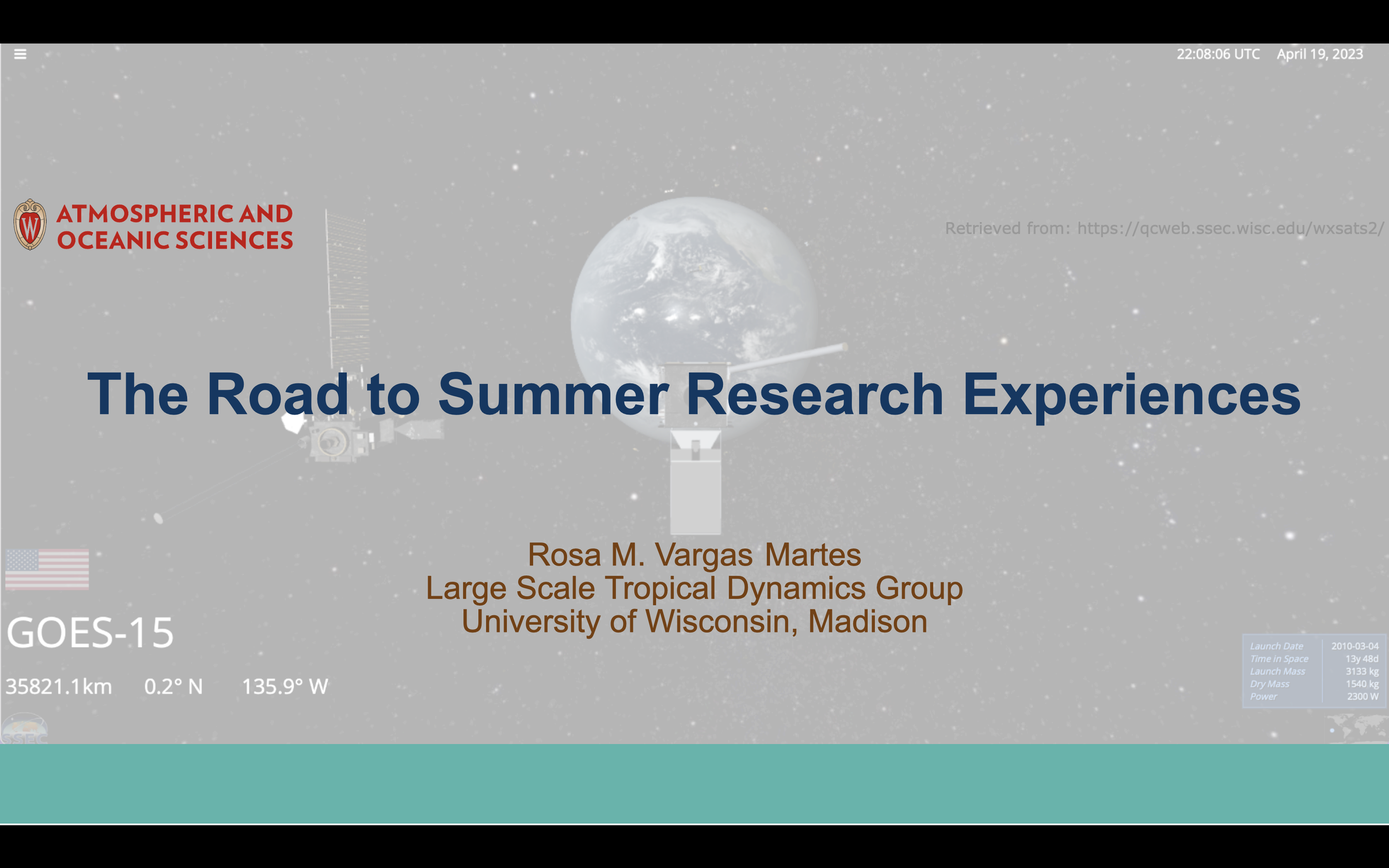
Who am I?
-
You might be asking yourself, what qualifies Rosa to give me advise on summer internships within the geosciences? That’s a good question! Ever since my formation years at the University of Puerto Rico – Mayagüez, to my actual position as a doctoral candidate at the University of Wisconsin – Madison, I’ve participated in summer internships, undergone the process of applying Ph.D. programs, and have applied to several graduate fellowships. Here are some examples!
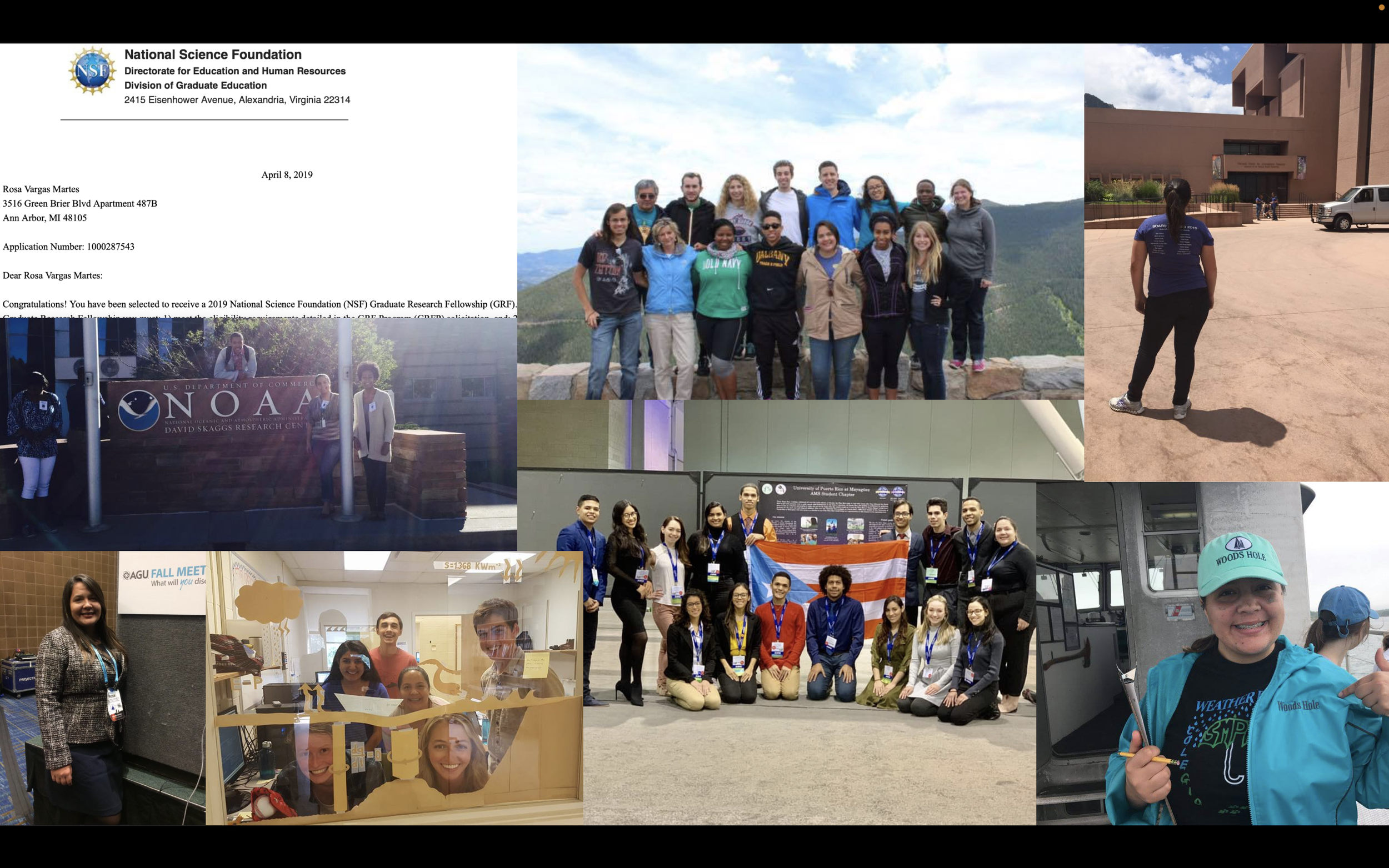
-
List of Experiences and Recognitions
• Doctoral Student, UW-Madison, 2020-present.
• National Science Foundation (NSF)-Graduate Research Fellowship Program (GRFP), 2019-present.
• Francis P. Bretherton Scholarship, UW-Madison, 2023.
• AOS Summer Research Program for Undergraduates Student Co-lead, UW-Madison, March 2022–August 2022.
• Master of Science, Climate and Space Sciences and Engineering, University of Michigan – Ann Arbor (UM), 2018-2020.
• Rackham Merit Fellowship Fellow, UM, 2018-2019
• Internship: NSF Significant Opportunities in Atmospheric Research and Science (SOARS) program, NSF National Corporation for Atmospheric Research (NCAR), (2015-2017)
• Summer Student Fellowship (SSF) Program, Woods Hole Oceanographic Institution (WHOI), 2017.
Along my trajectory I have learned many things, however, the most impactful one was that being a good student does not necessarily prepare you for all the struggles you will face throughout your career. This is especially true at the moment of applying to summer internships, graduate school, and graduate fellowships. It has also been frustrating to see that students with stellar resumes were not awarded with many of these opportunities.
Nonetheless, this should not discourage you! I have also learned that while there might be some arbitrary factors through the selection processes, the secret to increase your chances in getting one of these opportunities is in preparing a strong application.
How do I look for these opportunities? How can I prepare a strong application? How far in advance should I start the application process?
These are some of the questions I wish to answer when you finish reading this page! My passion to help my peers through the summer internship, grad school, and fellowship application process arose from my experience as a Latina student in the geosciences. Through efforts like this one, my goal is to help increase diversity, equity, inclusion, and justice (DEIJ) within the geosciences. Via the dissemination of material in Spanish and English I hope to have a broader reach, especially to similar communities to the one that saw me grow.
Common misconceptions about summer research programs
Frequently in conversations with my peers, I would hear that they were afraid of applying to summer internships because they feared they would not be competitive enough or that they did not have the necessary preparation. Nonetheless, mi peers were excellent students that would have stood out in any internship.
Because sometimes we are our worst critics, here I include some of the common misconceptions I often hear about summer internships:
1) MITH: I need a perfect GPA to apply
REALITY: While a high GPA can indeed strengthen your application, it is not the only component. An application is like a recipe, It has many ingredients! If your GPA is not as high as you would hope, examine what other tools you have that could help you in a summer internship.
2) MITH: I need to know how to program
REALITY: While knowing how to program can help you during a summer internship, it is not a requirement to get one. Internships are in fact an excellent place to acquire and strengthen your computational and analytical skillset. In fact, participating in summer internships can give you a computer programming foundation that can make your graduate school trajectory more easygoing.
3) MITH: I should apply during the final undergraduate years
REALITY: No! It is never too early to begin applying. Remember, if you apply and are not selected, it can serve as a learning experience for the following year. In fact, there are various programs that are designed for students that are in their initial years of undergrad. There are others, that requiere you to have at least one semester left after the completion of your summer program. You just have to start looking and applying early!
4) MITH: I am not competitive enough
REALITY: No! I repeat, we are our worst critics. Always remember that we all have unique stories and strengths. Try to rephrase the idea of not being competitive to the idea that there are areas of opportunity you can strengthen if you were awarded the position.
5) MITH: Internships are not necessary for graduate school, and I can just apply the week-day before the applications are due.
REALITY: While it is possible to be accepted. to a graduate program without summer internship experiences, these offer you an invaluable preparation for graduate school. Some of the undergone experiences include: exposure to scientific research, collaboration with professionals in the field (and potential letters of recommendation), statistical and computational analysis tools, etc. Because the applications to these programs include several components (essays, letters of recommendation, school transcripts, etc.) it is important to prepare your materials with enough time before the deadline.
You don’t know how or when to begin the application process? Here’s some help!
In the following diagram I offer you a guiding timeline to make sure you complete a successful application.
Additional Advice
When you write your essays:
Ask for help:
Writing center
Peers
Professors
Make sure that your essays align with what the program is asking for.
The majority of programs have websites with useful information!
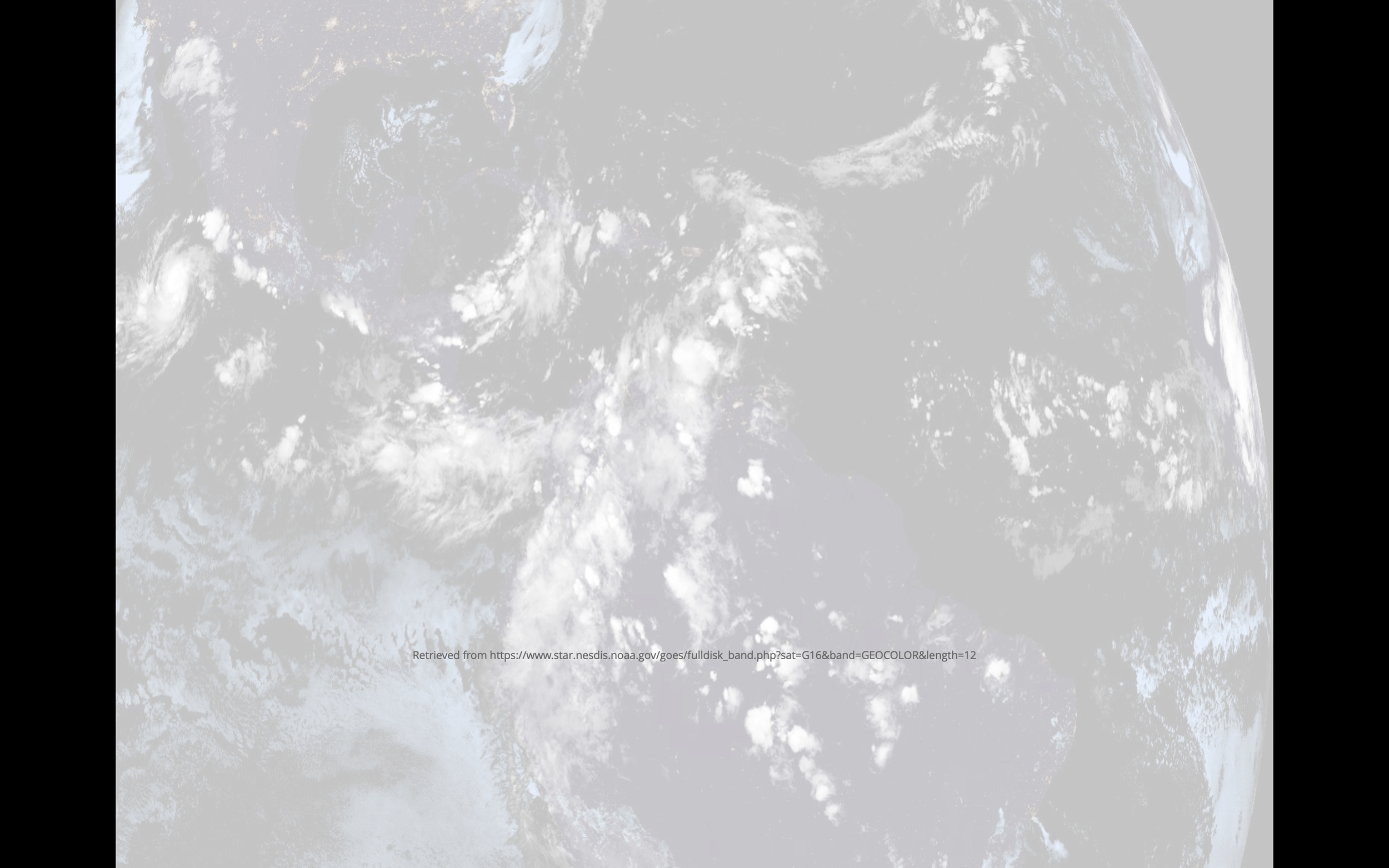
You’re not sure where to start looking? Here are some links that can help you out!
NSF
Research Experience for Undergraduates (REU)
NSF
SOARS Program
Woods Hole Oceanographic Institution
SSF Program
UW-Madison
Student Training in Oceanography Remote Sensing and Meteorology
NOAA
Ernest F. Hollings Undergraduate Scholarship
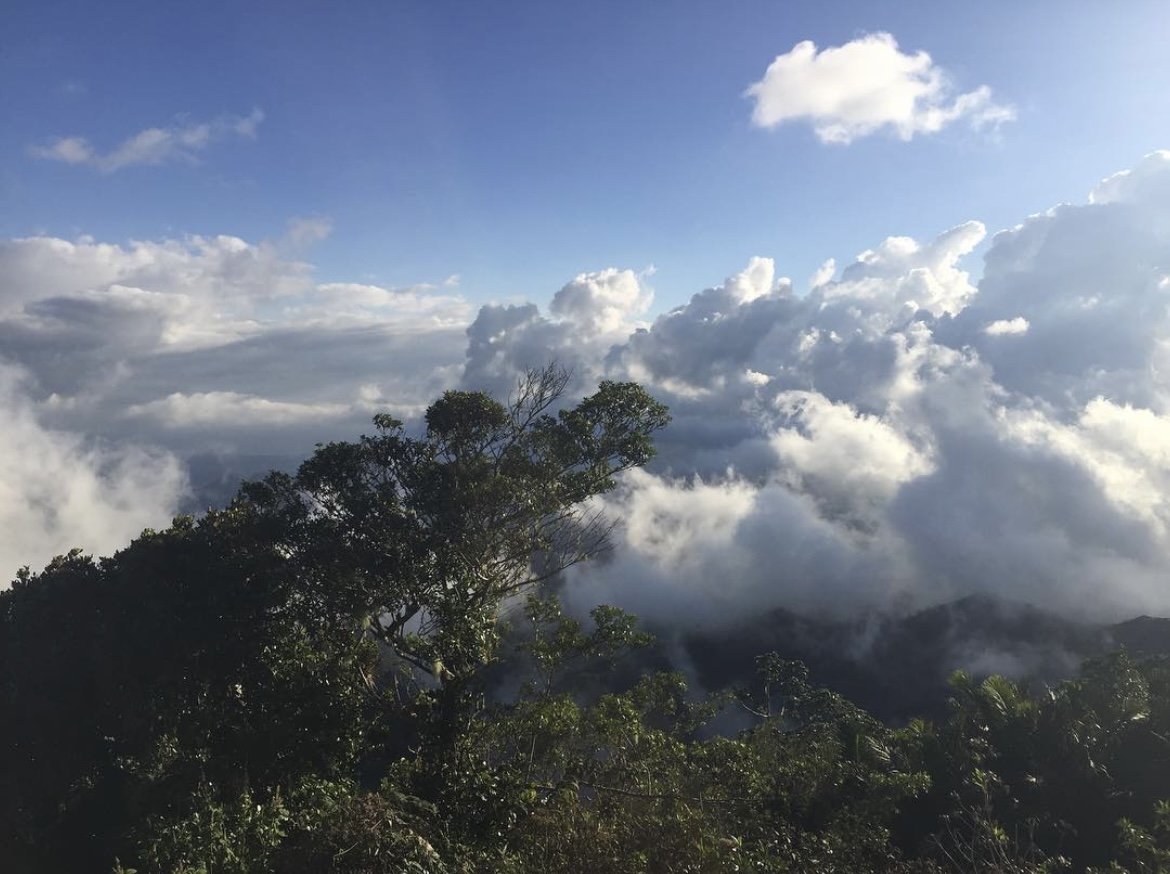
Benefits of Summer Internships
Research Experiences
Exposure to Different Cultures
Development of Science Communication
New friends
Recommendation Letters
Develop a professional Network
Fieldwork experience
Traveling and getting to know new places
Job opportunities
Opportunity to participate in professional development activities
And many more!
Summer pay
Paid Summer Housing
Opportunity to present at professional conferences
Help with determining if grade school is for you
Advice and examples for essay preparation
What about cover letters?
While cover letters are not as common for the summer internship applications, here is some advice on how to write one.
Wait! Who should be my letter writers?
Look for people who are really committed to write a letter!
Send them a CV or résumé, include things beyond academics
Tell them about the program and what they are looking for
Suggest to meet ahead with the letter writer (if time permits)




